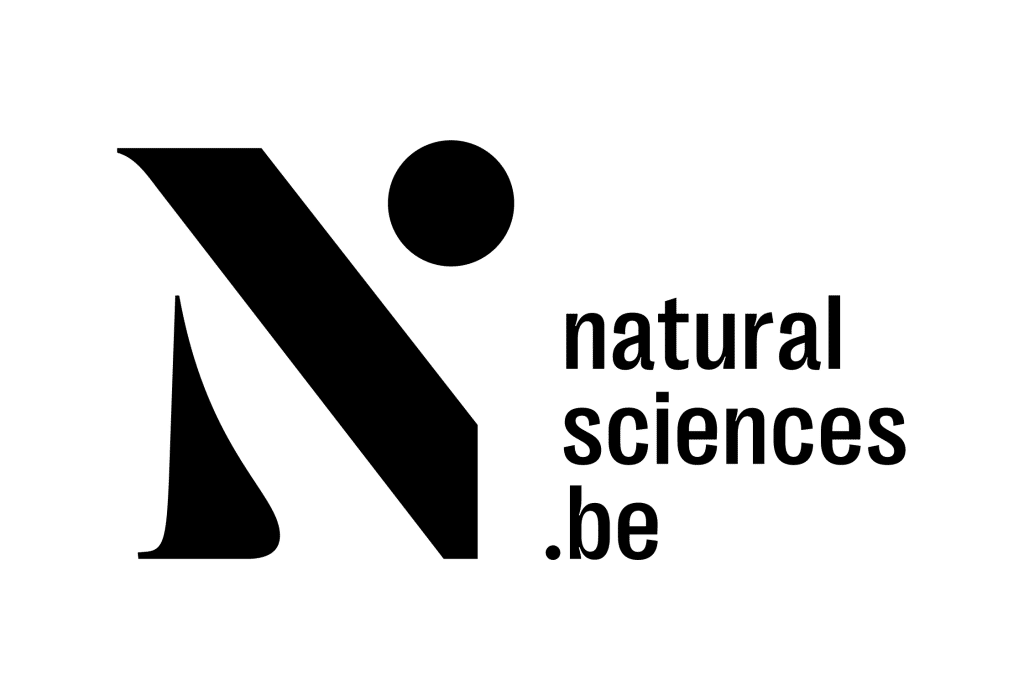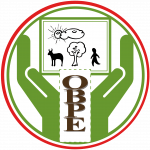Habitat monitoring
Home » Home » Sub-Programmes » Capacity Development » Habitat monitoring
Home » Home » Sub-Programmes » Capacity Development » Habitat monitoring
Monitoring to improve biodiversity management and valuation of ecosystem services in protected areas
Monitoring to improve biodiversity management and valuation of ecosystem services in protected areas
Closely linked to the discovery and description of species (taxonomic research) is the monitoring of this biodiversity in different ecosystems or habitats, which is the focus of the Habitat Monitoring component of the CEBioS programme.
CEBioS’ Habitat Monitoring programme of tropical ecosystems, especially in protected areas (PAs), helps to strengthen the capacities of its partners in the management of those PAs as these areas are:
- critical habitats for local biodiversity
- essential for the provision of a wide range of ecosystem services that are important for local human well-being and development (food, medicines, fuel, …)
- central to carbon sequestration, climate change adaptation and mitigation
Accordingly, habitat monitoring and its contribution to reporting on the status of ecosystems are crucial for:
- informed decision-making processes, developing plans and strategies, supporting actions and tracking progress on the protection of biodiversity, in the context of countries’ national and international commitments under the CBD and other biodiversity conventions
- assessing the availability of services provided by nature and its potential impact on poverty since healthy ecosystems and well-managed PAs can contribute to sustainable local livelihoods by providing populations with high-quality resources, enabling them to generate a more stable income
Habitat Monitoring activities are carried out in cooperation with long-standing partner institutions:
The Habitat Monitoring activities generally consist of collecting standardized data on the dynamics of vegetation and integrating them into databases that can be used to analyze the interrelationships between the various environmental components of PAs. The activities are executed in collaboration with several other Belgian research institutes (UCL, ULg/Gembloux, ULB, Botanic Garden Meise) and are mainly centered around:
Technical support
- training and follow-up of park rangers, eco-guards, scientists and other stakeholders involved in the monitoring and surveillance of habitats and in the campaigns to collect and analyze data on habitat types and their dynamics
- provision of basic equipment, syllabi and standardized monitoring files
- free distribution of a series of Lexicons, a publication of RBINS-CEBioS, co-edited by local scientists
Promotion of research that is focused on the consolidation of scientific knowledge on vegetation dynamics and ecosystem status and the valuation of ecosystem services. This happens in synergy with universities of the Great Lakes region (Université de Goma, Université Officielle de Bukavu, …) by
- contributions to the identification of research topics, often in collaboration with ICCN
- guidance on conducting and publishing scientific studies
- support for master and PhD theses
- assistance with the implementation of recommendations derived from research
- support for the establishment of regional networks of expertise, for example the ‘Réseau des Mycologues de la région des Grands Lacs africains‘
Presentation about habitat monitoring
Poster about habitat monitoring
Scientific paper: ‘xxx’
List of master theses defended at UAC, Benin





